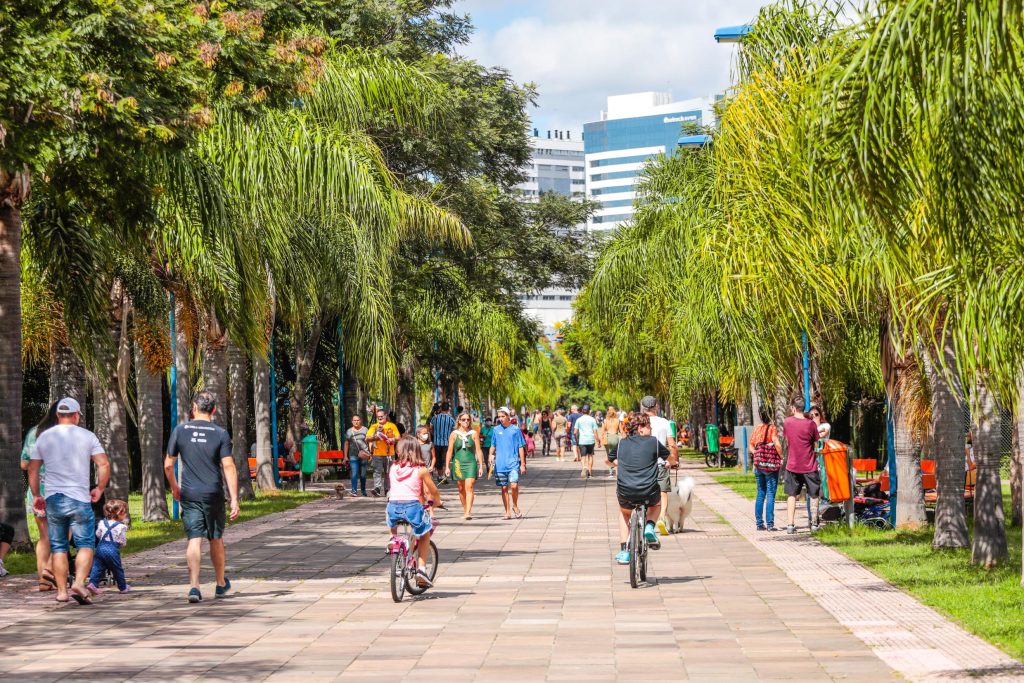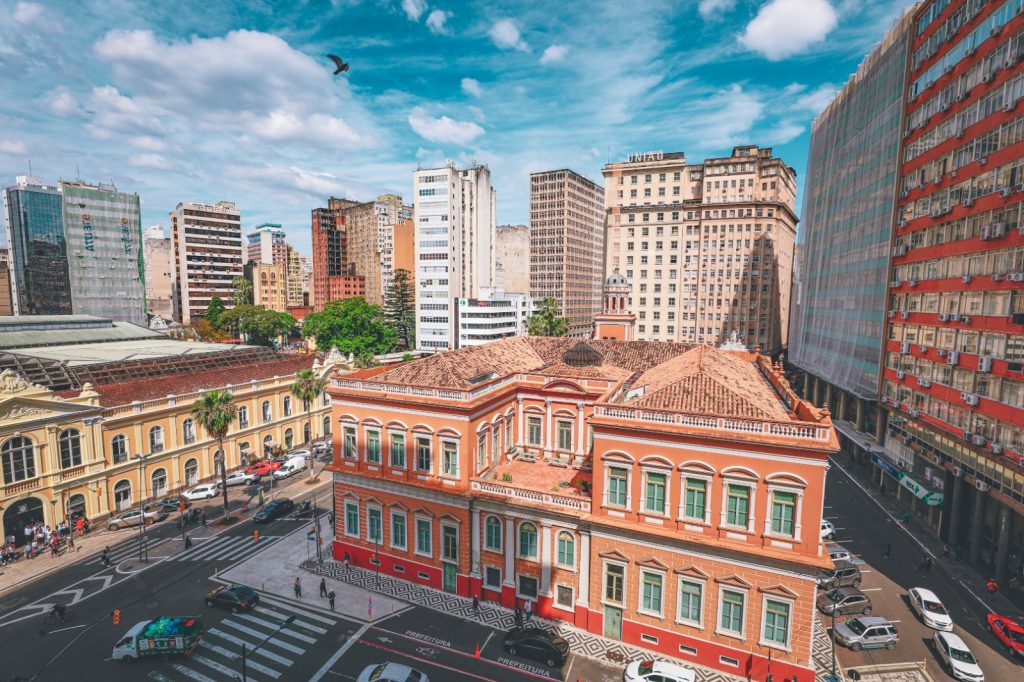Porto Alegre, Brazil
Going Digital to Improve City Services
Project Type:
High-Performing Government, Technology

At a Glance
Digitalized city services, resulting in a 42% reduction in paper consumption by City government.
Reduced the average time it takes to register a business from six days to seven hours.
Expanded digital resident service channels, via the Customer Service Center, which resulted in an 82% increase in interactions with residents between 2020 and 2023.
Between 2022 and 2023, there was a 46% increase in residents using City Hall’s digital application to request services.
In 2023, the Innovative Territories Project promoted the digital inclusion of underserved communities, including the installation of 45 new internet access points, with 13,000 uses per month.

When it comes to municipal services, digitalization is a win-win situation for residents and the government. It simplifies workflows, reduces costs and allows cities to better use their data. But what matters most is how digitalization can improve the lives of residents. The digital transformation of Porto Alegre City Hall shows how technological updates can make City Hall more accessible and responsive to the 1.3 million people it serves.
For example, the City drastically reduced the time it took to register a business — from six days to seven hours after the process was digitized, allowing operations to begin sooner and supporting economic development. And more efficient operations enabled by digital systems have helped reduce backlog in the city’s 156 system, through which residents receive non-emergency information and support services, in 79% since 2020.
The movement to digitize and connect public services is a decisive step toward a more innovative, efficient and transparent government that responds to the needs of its residents. In Porto Alegre, I believe we are establishing a model for cities throughout Brazil and Latin America.
More broadly, Porto Alegre’s digital transformation — which has accelerated since early 2023, in part due to support from the Inter-American Development Bank — has helped the city’s decision-makers start with data.
When Sebastião Melo took office in 2021, his administration published a strategic plan aligned with electoral promises and public feedback. Prometa 2021-2024 included contributions from more than 1,800 employees through the “Vozes da Cidade” project.
Porto Alegre’s commitment to prioritizing data continues. Certification is an important milestone, but city leaders understand that their new data practices can help Porto Alegre become even more proactive and resilient. The City is working to eliminate silos in its own systems, aiming to turn technology upgrades into more improvements for residents. It’s working to connect healthcare, education, financial and other databases so it can provide crucial services more proactively. For example, its “Digital Citizen” initiative provides each resident with a personalized profile reflecting their interests, information and needs. The connected and interoperable database covers several different agencies/secretariats, so the City can communicate with citizens more effectively, for example, suggesting a vaccine directly to an unvaccinated child or offering places in daycare centers and municipal schools digitally, as well as signaling if a homeowner hasn’t paid property taxes — and then encourage residents to take action through a mobile app.
Porto Alegre’s story highlights how digital transformation and data-driven decision-making combine to lay the foundation for better municipal government.
“Data is essential for making better decisions and improving residents’ lives. And it helps invest resources more efficiently, as well as allowing the government to be more transparent.”

Porto Alegre has dedicated itself to transforming the innovation environment and stimulating entrepreneurship. We have been working to build a consolidated ecosystem that aligns the benefits of technology with the needs of the population. Innovation needs to translate into more efficient services, improving the city and the lives of people.